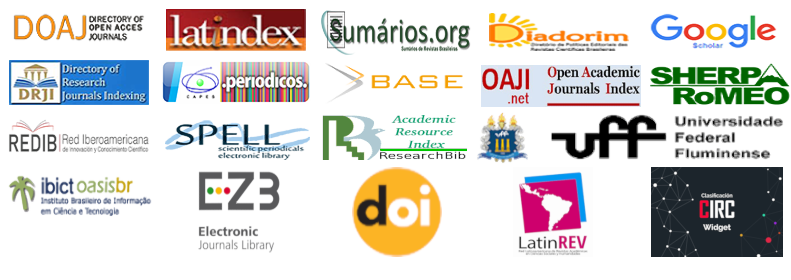The Brazilian taxation influence on a company's transportation cost
DOI:
https://doi.org/10.20401/rasi.5.3.285Keywords:
Transportation, ICMS Tax, Transshipment problem, CostAbstract
The purpose of this paper is to minimize products' distribution costs for a multinational company located in Brazil, observing the different ICMS tax structures. This research was about a metallurgical industry company, and delivers its products through an outsourced company for interstate highway transportation. In this case study, a transshipment model was developed for determining if some distribution centers (DCs) are going to be used or not, because, despite of a greater distance, increasing freight cost, the state benefits for ICMS tax could decrease total cost. Study results suggest that using some DCs may help decrease total distribution cost because of ICMS tax impact. It also suggests that the distribution of imported products is cheaper than the national ones, without considering its purchase and fabrication costs. The proposed approach can help Brazilian or multinational companies to support logistic decisions, which could be useful given the Brazilian transportation context.
Downloads
Downloads
Published
Issue
Section
License
RASI, in accordance with Law No. 9,610 of February 19, 1998, which amends, updates and consolidates Brazilian copyright law and makes other provisions, adopts the following conditions of the Copyright Assignment:
1. RASI maintains, with the transfer of copyrights, the possession of rights over the content published;
2. The author retains his moral rights of the content, including the right to be identified as the author whenever the content is published;
3. Despite the attribution of copyright, the author retains the right to reuse the material in future collections of his own work without encumbrance. The acknowledgments of the previous publication in the RASI are the only requirements in such cases;
4. The author may make photocopies of the content, or distribute it by electronic mail or fax, provided that they are intended for their own classes and for the purpose of meeting research objectives, provided that: (a) such copies are not resold and (b) reference to the original source of the publication and the name of the RASI are clearly indicated on all copies made of the document.











